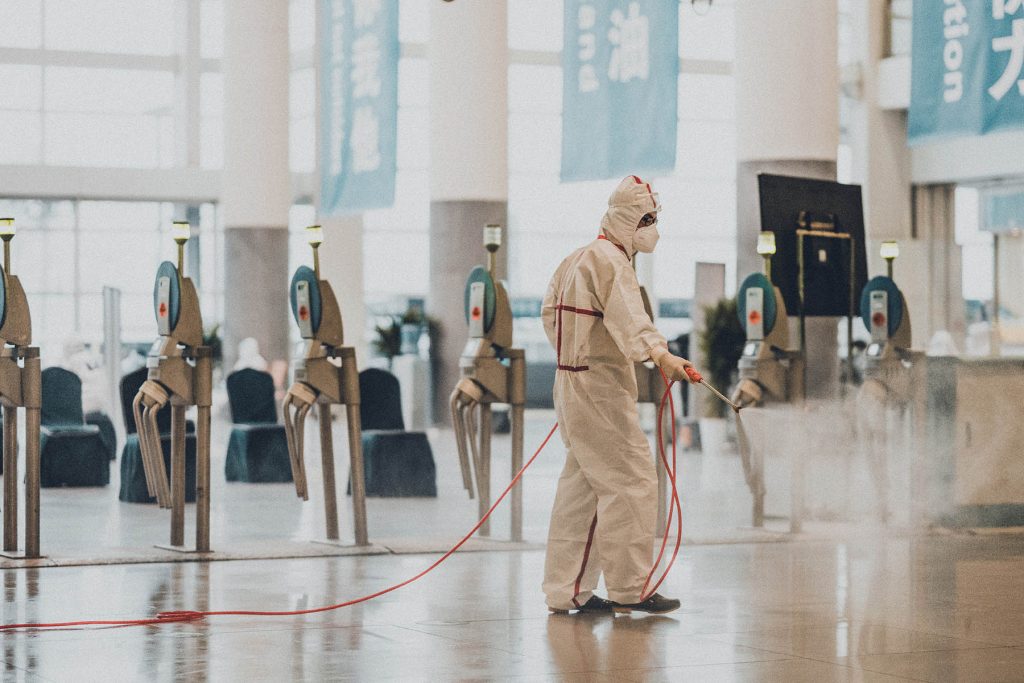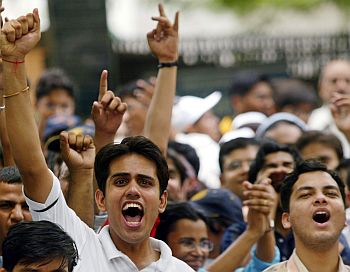Our Shared Humanity
The outbreak of the new Coronavirus (SARS-COV-2) has brought a crisis unlike any other in recent history. This could be the first crisis after World War 2 to impact the entire human population.
If nothing else, this outbreak is a reminder of our shared humanity. This virus has not distinguished between race, religion, skin color or nationality as it has crossed borders and infected millions.
This reminds us all that we are all together in our fight for survival on this planet. Ironically, this pandemic has distracted us from infighting and showed us how meaningless our arguments, conflicts and wars are.
Yet, there is nothing new about it. It is the same old story which our species has witnessed many times in the past. Though this is the first time in history that such a pandemic has struck after a gap of almost a century. Isn’t that something to feel good about?
History Repeats Itself
When an unknown disease strikes and leaves people sick and dead in no time, the way we humans react has not changed. We panic. Doctors are baffled as health systems crumble under pressure. Fear helps rumours and conspiracy theories spread.
By the time governments (or kingdoms in earlier times) realise what is happening, steps taken are already too few and too late. Some succeed, others not so much. Criticism of decisions abound. Events are cancelled. Travel is restricted. People stay at home because of fears – both real and imagined. Trade vanishes and economies plunge.
This has been as true today as it was during the Spanish Flu of 1918, or the Antonine Plague of 165, or the Bubonic Plague (Black Death) from 1346, the London Plague of 1665, or several cholera pandemics in the 18th and 19th centuries.
As the current pandemic (COVID-19) spreads, we must also be aware of our blessings compared to the past. Never before in human history have we known so much about diseases, viruses and bacteria; about the human body and treatments, medicines and vaccination. And that makes us better prepared than we ever have been to tackle a pandemic like this.
When disaster struck in earlier pandemics, we were left to the whims of godmen and quacks, who described diseases as a curse from the gods and prescribed treatments ranging from animal sacrifice to bloodletting, which often did more harm than good.
If we compare that to the kind of specialised care we receive today in our hospitals equipped with highly skilled doctors, and machines like ventilators, ECMOs, etc; we should really be counting our blessings.
Our Imminent Mortality
This pandemic also reminds us where we are all headed – towards death. No one, irrespective of where we live or what religion or race we belong to, is spared from our shared destination.
While we know a lot about our bodies and the world now, this crisis is a reminder that there is still a lot which is outside our control. We can’t take our health systems, our medical knowledge, and our bodies for granted – for the unknown natural disaster or a new virus can strike anytime.
Being aware of how little we actually control in our lives and how easily all that we crave and desire can be swept away can give us a new perspective on life, a perspective which can shape each decision and action we take from now on.
It would be a terrible waste if we only experience the worst of humanity in this crisis – the fear, the hatred, the panic, the anxiety, and the selfishness; and ignore the other side of the coin – which is how a crisis like this also bring virtues of kindness, service, courage, humility and companionship to the surface.
We Have A Choice
When this crisis is over, and it will be soon, the world will not waste time to resume all the economic activity. We will get busy with our jobs and other trivial stuff we used to do before it.
This crisis will leave us wounded yet wise, hopeful yet cautious, and perhaps most importantly – helpless yet also empowered to see and make the brave choices when we have to.
The choice to look beyond the valleys of fear and darkness; and up towards the peaks of hope and light.
The choice to go deeper than our fear and anxiety of the unknown; and to see through the light at the end of the tunnel.
The choice to think for ourselves critically and rationally; and to ignore the rumours, naysayers and the fear mongers.
The choice to ignore those making noise and breaking things; and to join those who are making attempts to repair things.
The choice to decide whom to give our attention – to the media which sensationalise and is toxic for our mental health, or to the rare few who enrich us with facts, hope and a pathway for moving ahead despite of how difficult that path might be.
References :- 1. https://viktor.doklist.com/ultimate-summary-for-friends-and-family-science-and-global-situation-about-covid-19/ 2. https://www.theatlantic.com/ideas/archive/2020/03/were-not-facing-second-spanish-flu/607354/ 3. https://dailystoic.com/marcus-aurelius-leadership-during-a-pandemic/


